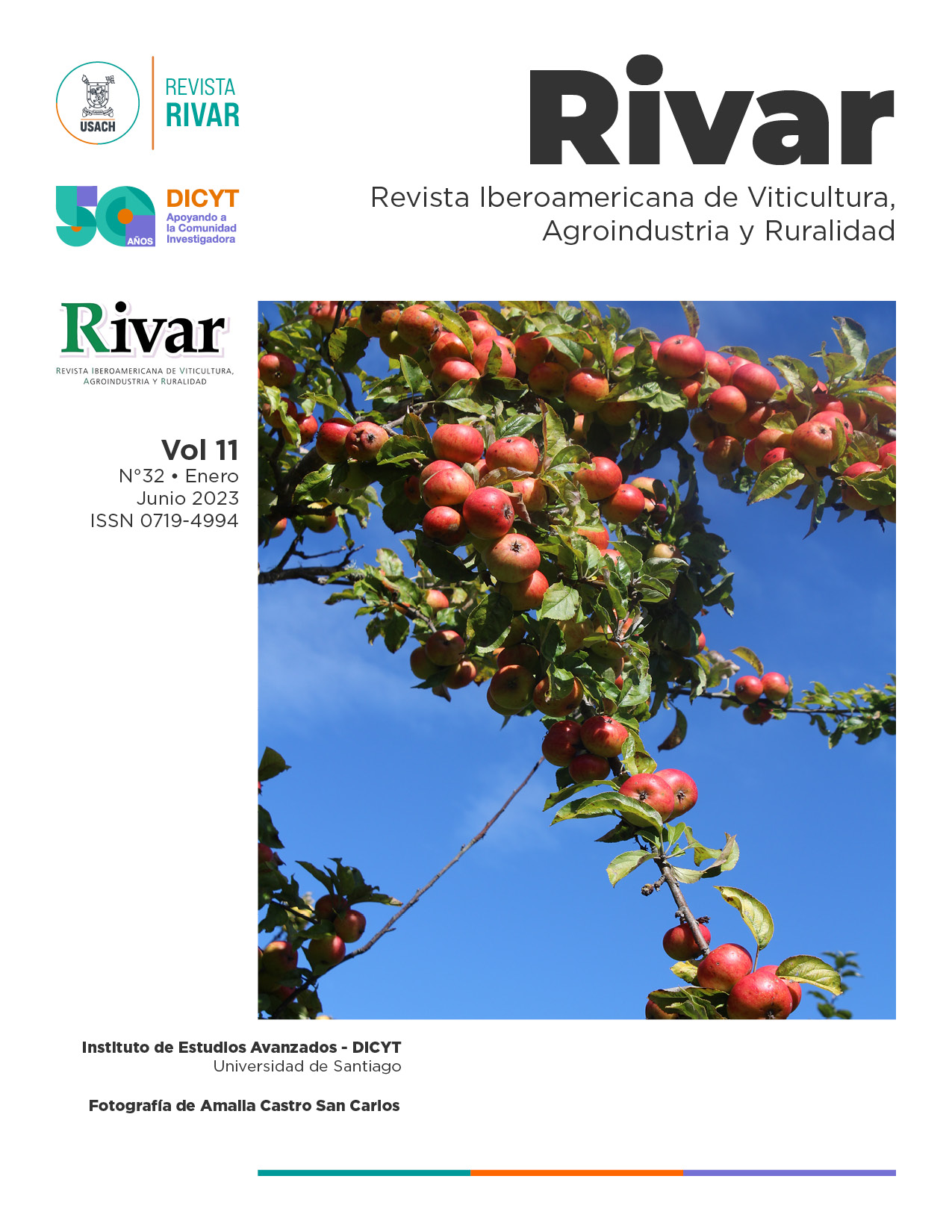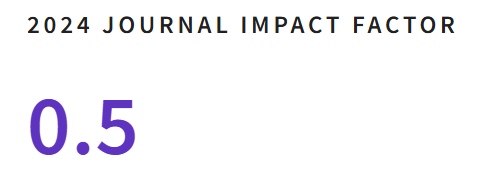Regional Foresight and the 2030 Agenda: A Virtuous Fusion to Build the Futures
DOI:
https://doi.org/10.35588/rivar.v11i32.6148Keywords:
rural planning, food production, social participation, participatory research, future societyAbstract
This work of reflection around the articulation of regional foresight studies and the 2030 Agenda, promoted by the United Nations Organization, through the Sustainable Development Goals (SDG). It is based on a foresight experience developed in the Department of Guaymallén, Province of Mendoza, Argentina, proposed as a base study for the design of the municipal land use plan provided for in Law 8.051/2009. The article shows the general context for the design of planning instruments at the local level. Next, it presents the territorial dynamics considered most critical for the future to subsequently compare the desired scenario with the 17 SDGs. The research work included a bibliographic review of the main articulation proposals between regional foresight and the 2030 Agenda. Among the findings, the need to deepen the territorialization of the 2030 Agenda at the local government level stands out, and to anchor the planning processes for development, with a foresight vision of each SDG. Working on these concerns will allow the robustness of the foresight and its appropriation by the social actors of the territory.
Downloads
References
Argentina Investiga (29 de enero de 2018). Sequía hidrológica en Cuyo: Un cambio de paradigma. Universidad Juan Agustín Maza. https://argentinainvestiga.edu.ar/noticia.php?titulo=sequias_hidrologicas_en_cuyo_un_cambio_de_paradigma&id=3062
BID (2017). Área Metropolitana Mendoza Sostenible. Ministerio del Interior, Obras Públicas y Vivienda, Presidencia de la Nación, Banco Interamericano de Desarrollo, Gobierno de Mendoza y Unicipio.
Consejo Nacional de Coordinación de Políticas Sociales (2020). Manual para la territorialización de los Objetivos de Desarrollo Sostenible (ODS). República Argentina.
Fasciolo, G.E., Bucheri, M.J., Gudiño, M.E., Medalla Araya, A.R., Papú, O.H. y Vitale, J. (2010). Futuro Ambiental de Mendoza: Escenarios. Universidad Nacional de Cuyo.
Guerra García, M.B. y Padilla Postigo, F.R. (2015). Ordenamiento territorial en el Departamento de Guaymallén. Universidad Nacional de Cuyo.
Jouvenel, H. de (1993). Sur la démarche prospective: Un bref guide méthodologique. Futuribles, 179, 51-79.
____. (2004). Invitation á la prospective. Futuribles.
Pérez, E., Vitale Gutiérrez, J.A. y Pérez, M.A. (2022). El aporte de la prospectiva para el desarrollo territorial rural. El caso del sistema agroindustrial del departamento de Guaymallén (Mendoza, Argentina). En J. Medina, J. Vitale y L. Ragno (Eds.), Aportes de la prospectiva para la implementación de la Agenda 2030 y los ODS. Universidad Nacional de Cuyo.
Unidiversidad (4 de octubre de 2017). Mendoza, de las más frágiles ante el cambio climático. Unidiversidad. http://www.unidiversidad.com.ar/cuyo-la-region-del-pais-mas-vulnerable-al-cambio-climatico
Vitale, J., Pascale Medina, C., Barrientos, M.J. y Papagno, S. (2016). Guía de prospectiva para el ordenamiento territorial rural de la Argentina a nivel municipal. INTA.
Wack, P. (1985). Scenarios: Uncharted Waters Ahead. Harvard Business Review.
Zuluaga, J. et al. (2019). Caracterización del Recurso Hídrico del Cinturón Verde del Departamento de Guaymallén. INA, CRA, FCA y Universidad de Nacional de Cuyo.









